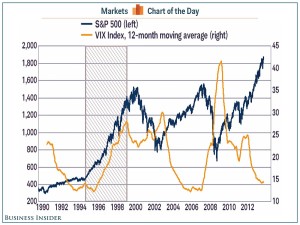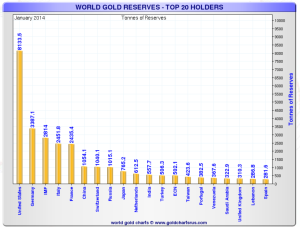Buyout firm Apax Partners LLP stands to score a 10,000 percent gain on its 2005 investment in King Digital Entertainment Plc (KING) as the maker of smartphone game “Candy Crush Saga” prepares its initial public offering.
In one of its last venture capital deals before it abandoned that business, London-based Apax injected about $35 million into King, according to a person with knowledge of the deal, who asked not to be named because the terms are private. The games maker set terms last week for the IPO that would value it at as much as $7.6 billion. Apax’s stake could be worth $3.5 billion.
While Dublin-based King has developed more than 180 games in the past decade, “Candy Crush,” a puzzle game that features colored candies, fueled most of its growth. The potential windfall comes as venture capitalists are seeing their best returns since the late 1990s dot-com bubble. Twelve venture-backed companies went public in the U.S. last year with market capitalizations above $1 billion at the time of offering.
(Source: Bloomberg)


